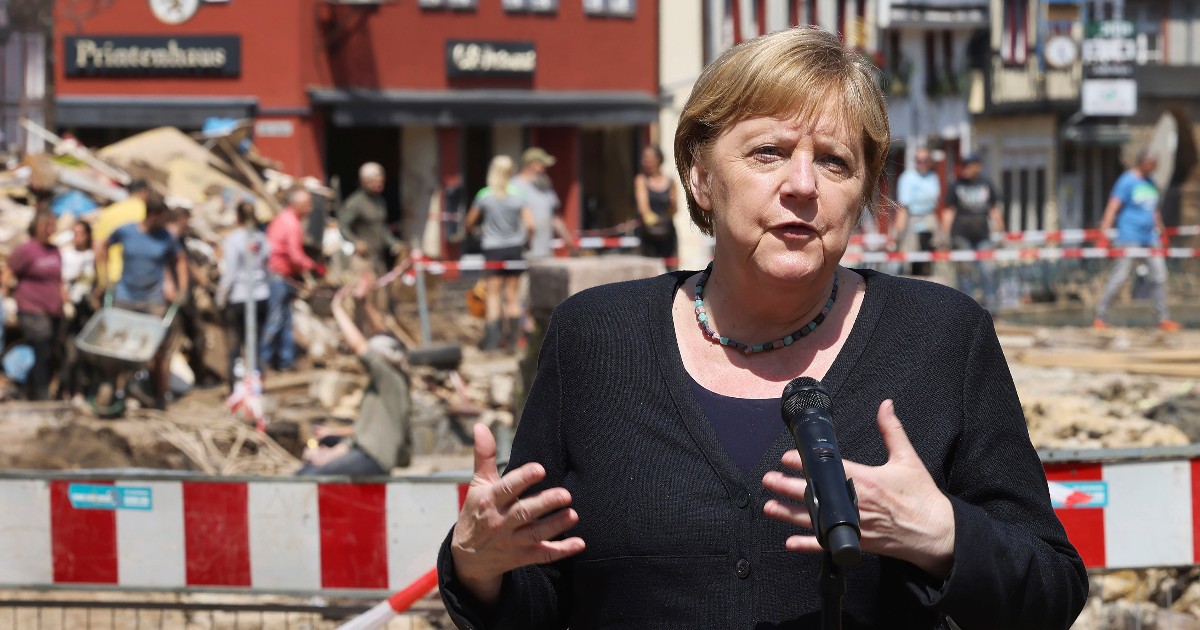The German government takes a first step towards centralization of the crisis management. After the different criticisms who denounced the cases in warning system for floods and in the coordination of rescue interventions of the past few days and after the long swing of conflicting decisions at the local level to tackle the Covid pandemic, in the cabinet meeting on Wednesday the executive of Angela Merkel has decided to broaden the areas of intervention of the Federal Office for Civil Protection and Disaster Assistance (BBK or in Italian Federal Office for the Protection of the Population and Aid in Disasters) so that it becomes a center of national competence in defense of health that can, both qualitatively and quantitatively, organize interventions in all crisis situations and of health hazard. To this day, the competence for disasters was gods countries, while the BBK was only entitled to intervene in the case of defence.
It is a first step for a strategy of prevention also of future needs and for the German interior minister Horst Seehofer (Csu) is “a clear change of politics”. The decision, on the other hand, arose from the acknowledgment of the report presented by him together with his colleague from the Department of Health Jens Spahn (CDU) under the title “Resilient against crises – development and implementation processes of the national reserve in defense of health (NGRS) – first steps for a complete strategy preventive in the protection of the population “. After the many deaths and the devastation for floods a concentration of the organization of interventions on a national basis was also suggested by the leader and candidate chancellor of the Greens, Annalena Baerbock. In a television interview she openly referred to the example of Italian Civil Protection. The need for centralized intervention had already emerged overwhelmingly, as mentioned, during the Covid pandemic.
